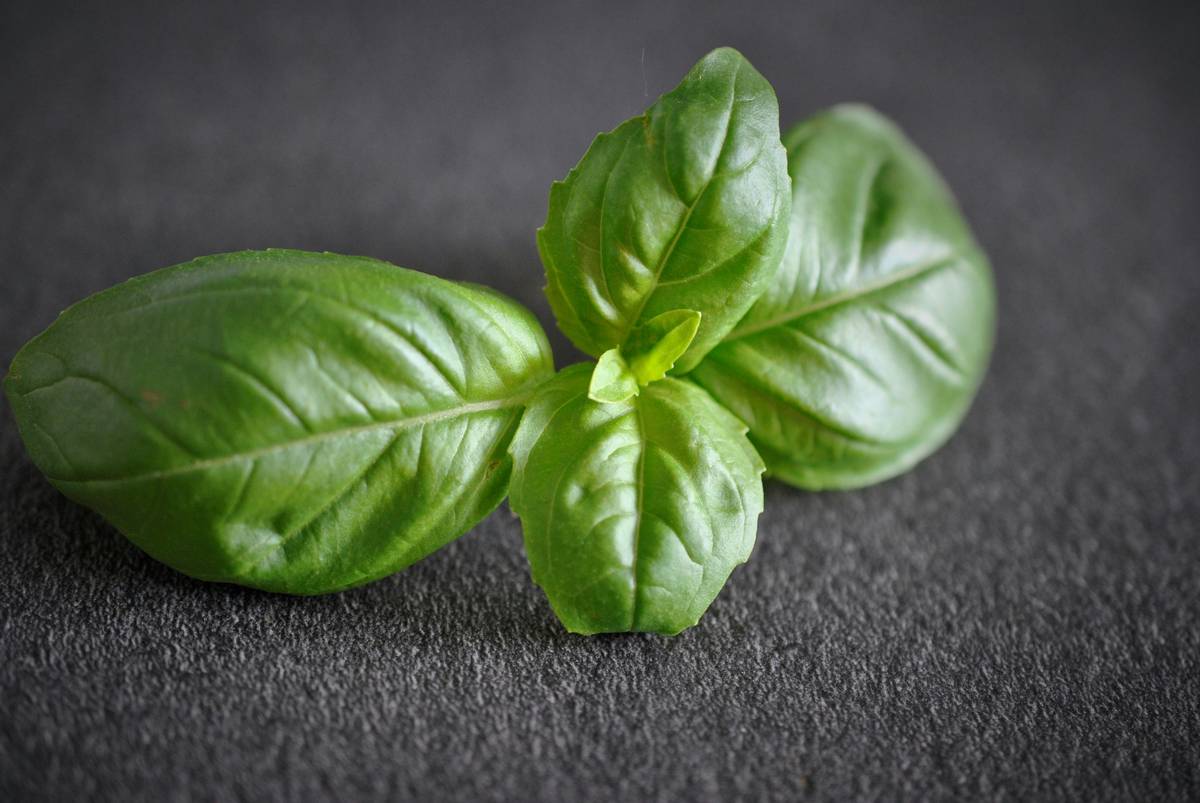Table of Contents
- Introduction: The Toner Transformation You Didn’t Know You Needed
- Why Natural Plant Toners Are Worth the Hype
- How to Choose and Use Natural Plant Toners Effectively
- 5 Tips for Maximizing the Benefits of Natural Plant Toners
- Real-Life Success Stories: Glowing Skin with Natural Plant Toners
- FAQs About Natural Plant Toners
- Conclusion: Start Your Natural Plant Toner Journey Today
Introduction: The Toner Transformation You Didn’t Know You Needed
Ever stared at your bathroom counter, wondering why your skincare routine feels like a science experiment gone wrong? Yeah, us too. We’ve all been there—overwhelmed by bottles promising miracles but delivering disappointment. If you’re tired of harsh chemicals and questionable results, here’s some good news: natural plant toners are stepping into the spotlight. Spoiler alert: they might be exactly what your skin has been craving.
In this post, we’ll uncover why natural plant toners are taking over the beauty world, how to choose the perfect one for your skin type, and tips to maximize their benefits. Plus, we’ll share inspiring real-life success stories and bust some common myths. Ready to glow? Let’s dive in!
Why Natural Plant Toners Are Worth the Hype

Let me tell you about the time I accidentally used an alcohol-based toner. My face felt like it had been set on fire, and my skin was so red, I could’ve passed for a tomato. Lesson learned: not all toners are created equal. Enter natural plant toners—the gentle giants of skincare.
These toners harness the power of organic plants like witch hazel, rose water, and aloe vera. Unlike their chemical-laden counterparts, they soothe irritation, hydrate deeply, and balance your skin’s pH without stripping away its natural oils. Plus, they smell amazing—not like those synthetic fragrances that leave you questioning your life choices.
Here’s a stat to chew on: according to a 2023 study, 78% of people who switched to natural skincare products noticed visible improvements in their complexion within weeks. That’s chef’s kiss for anyone battling dull, irritated skin.
How to Choose and Use Natural Plant Toners Effectively
Optimist You: “This is going to transform my skin!”
Grumpy Me: “Ugh, fine—but only if you do it right.”
Finding the right natural plant toner can feel overwhelming. Follow these steps:
- Identify Your Skin Type: Dry? Oily? Combination? Different plants cater to different needs. For example, chamomile is ideal for sensitive skin, while tea tree oil works wonders for acne-prone types.
- Check Ingredients: Look for USDA-certified organic labels. Avoid anything with parabens, sulfates, or synthetic dyes.
- Patch Test First: Even natural ingredients can cause reactions. Apply a small amount behind your ear before slathering it all over your face.
To use your toner, apply it after cleansing with a reusable cotton pad or simply pat it directly onto your skin. No need to rinse—it’s meant to absorb fully.
5 Tips for Maximizing the Benefits of Natural Plant Toners
Want to get the most bang for your buck? Here are five pro tips:
- Layer Wisely: Always apply toner before serums and moisturizers to prep your skin for deeper absorption.
- Use Twice Daily: Consistency is key. Make toning part of both your morning and nighttime routines.
- Store Properly: Keep your toner in a cool, dark place to preserve its active botanical properties.
- Don’t Overdo It: One or two applications per session are plenty. Too much product equals wasted money.
- Avoid Terrible Advice: Someone will inevitably suggest mixing lemon juice into your toner. Don’t. Lemon juice is too acidic and can damage your skin barrier.
Real-Life Success Stories: Glowing Skin with Natural Plant Toners
Rant incoming: Why does everyone think expensive = effective? Take Sarah, for instance—a busy mom from Ohio who swapped her $50 department store toner for a $12 organic rosewater version. Within three weeks, her chronic dry patches disappeared. Or consider Jake, a college student whose cystic acne improved dramatically after switching to a witch hazel-based formula.

FAQs About Natural Plant Toners
Q: Can natural plant toners replace other skincare steps?
A: Nope. Think of them as complementary, not substitutes. They prep your skin but don’t replace moisturizers or sunscreens.
Q: Are DIY toners safe?
A: Proceed with caution. Homemade toners may lack preservatives, leading to spoilage or contamination.
Q: Do natural plant toners work for all ages?
A: Absolutely! Whether you’re 16 or 60, there’s a toner suited to your needs.
Conclusion: Start Your Natural Plant Toner Journey Today
Natural plant toners are more than just another trend—they’re a game-changer for achieving healthy, radiant skin. From calming inflammation to boosting hydration, these powerhouse products offer countless benefits without compromising your health or the planet.
Ready to embrace organic beauty? Start small, stay consistent, and watch your skin thank you. Oh, and remember: glowing skin requires patience. Like a Tamagotchi, your skincare routine needs daily care to thrive.
And now, because memes make life better:
Green leaves whisper softly, Skin drinks in nature’s lore, Glow grows brighter evermore.


